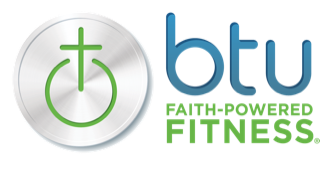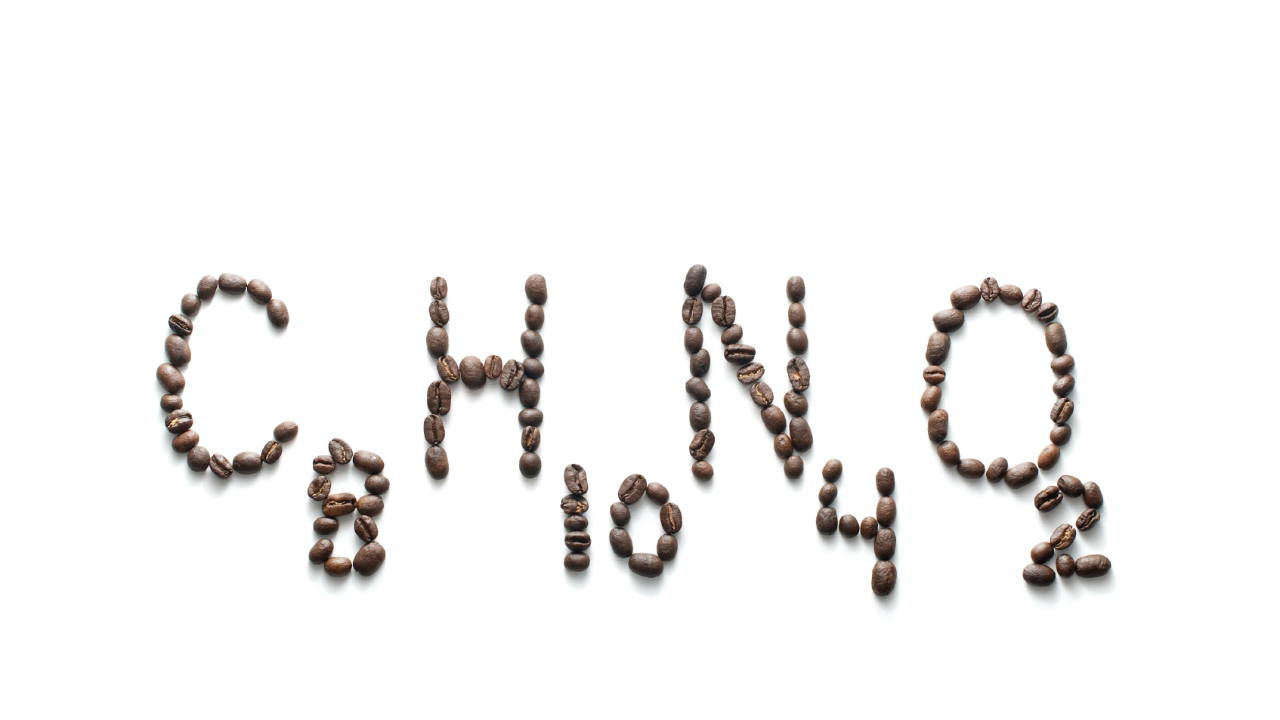I have to admit, writing this caffeine FAQ makes me a little nervous as it hits very close to home for me. I start everyday with two cups of coffee. I love my coffee. Sometimes the only reason I get out of bed in the morning is because I know that at least I’ll get to drink my coffee. I’m not a coffee snob. Just my regular ole cup of joe that I make in my kitchen is good enough for me. However, if I don’t have my coffee, I do get a caffeine headache. Yikes! That’s a sign that I’m addicted, right? Well, we will talk about that later. Lets just get caffeine basics straight.
Caffeine FAQ: What is Caffeine?
Caffeine is a central nervous system stimulant. It is a bitter substance that is found naturally in leaves, seeds, and fruits of plants. More specifically, it is found naturally in coffee, tea, cocoa and cocoa products, and some flavorings. Caffeine is also added to foods including sodas, energy drinks, chocolate flavored milk, yogurts, frozen desserts, and some medicine such as over-the-counter pain relievers.
Although caffeine is classified as “GRAS” (generally recognized as safe) by the FDA, some people can be sensitive to its effects. Those sensitivities include: insomnia, headaches, irritability, nervousness, and migraine headaches. The effects of caffeine intake on an individual can vary and depend on many factors, such as body weight, how much is consumed, how often its consumed, and overall health status.
Caffeine FAQ: How Much Caffeine is in Our Foods?
Caffeine is not required to be listed on food and beverage packages. Contacting the manufacturer is the best way to determine how much caffeine a product contains. Here are estimates for the amount of caffeine in some common foods and beverages.
Food or Drink mg Typical Range
Coffee: 8 ounces
Brewed, drip method 85 65-120
Instant 75 60-85
Decaffeinated 3 2-4
K-cup 120 100-140
Espresso (1 ounce) 40 30-50
Tea: 8 ounces
Brewed, US brands 40 20-90
Brewed, imported 60 25-110
Iced 25 9-50
Instant 28 24-31
Sodas: 12 ounces 36 0-71
Chocolate milk: 8 ounces 5 1-7
Milk chocolate: 1 ounce 6 1-15
Dark chocolate: 1 ounce 20 5-35
Baker’s chocolate 26 26
Chocolate-flavored syrup 4 4
Rockstar energy drink 80 80
Red Bull energy drink 83 83
Monster energy drink 92 92
5-hour Energy 215 215
Caffeine FAQ: How Much Caffeine Can I Consume a Day?
For healthy adults the FDA has said 400 mg per day. This is a very liberal amount. Looking at the table above, you could safely consume 3-4 cups of coffee a day and stay under the limit recommended by the FDA.
Caffeine FAQ: Is Caffeine Addictive?
Like I said before, I drink two cups of coffee a day. If I don’t have my morning coffee, then I suffer from a nagging headache for the rest of the day. So does this mean I’m addicted to caffeine?
Regular use of caffeine does cause mild physical dependence. If you abruptly stop taking caffeine, symptoms of withdrawal may occur which include headache, fatigue, anxiety, irritability, depressed mood, and difficulty concentrating. However, caffeine doesn’t threaten your physical, social, or economic health the way addictive drugs do. Withdrawal may be difficult for a few days, but does not cause the severity of withdrawal or harmful drug seeking behaviors as street drugs or alcohol. For this reason, most experts don’t consider caffeine dependence a serious addiction.
Caffeine FAQ: Does Caffeine Cause Insomnia?
The short the answer is maybe, maybe not. It really depends on an individual basis. Some people are more sensitive to it than others. I suffer from insomnia and have since I was a child. The sleep physician that I see has advised me to avoid caffeine after lunch. However, I know some people who can have a cup of coffee after dinner and not be affected at all. Scientifically, after 8 hours, 75% of caffeine that we have consumed is out of our system. As we grow older, we become more and more sensitive to caffeine. So when you were younger, you may have been able to drink coffee or have tea at dinner without issue, but now find you have a hard time falling asleep. It could be the caffeine keeping you awake. However, a cup or two of coffee in the morning mostly likely will not affect sleep.
Caffeine FAQ: Does Caffeine Cause Dehydration?
Caffeine has a diuretic effect that will increase urine output. The effect is mild enough and it will not cause your body to dehydrate. That said, use some common sense and do not rely only on a caffeinated beverage to rehydrate after a workout or after a long period of time without fluids. In the end, caffeinated beverages are kind of a wash. They will not dehydrate you, but they perhaps not the best choice to hydrate.
Caffeine FAQ: Who Should Limit Caffeine Intake?
We have determined that a good rule of thumb is to limit caffeine to about 400 mg per day. From the table above, that means around three to four cups of coffee or a lot of iced tea and chocolate milk. Just kidding… don’t go hog wild on the chocolate milk, unless you just worked out and even then, not hog wild!
So who should limit caffeine intake? For starters, those with heartburn, those with peptic ulcers, those who suffer from anxiety or panic disorders, and those with a history of depression or who take antidepressant medication may need to consider reducing caffeine consumption.
Children can be especially sensitive to caffeine. Depending on weight, children should limit caffeine to 45-85 mg per day. But, the FDA does not have a recommendation for children specifically. Caffeine can cause irritability and temporary anxiety in kids. Generally, the risk is not how much caffeine, but rather the source of caffeine for children. The intake of caffeine for children is mostly found in sugary drinks your kids don’t need. Such drinks are just empty calories and putting children at a higher risk for obesity.
Caffeine FAQ: What About Pregnancy?
There is not enough evidence to unequivocally say that caffeine is harmful to a pregnancy. However, the March of Dimes suggests no more than 200 mg of caffeine per day. More research needs to be done in this area. But when in doubt, leave it out.
Caffeine FAQ: What About “Energy Drinks”?
One of the biggest recent marketing ploys is the energy drink. You can’t go into a gas station or grocery store without being bombarded with energy drink advertisements. The FDA does not define the term “energy drink”; that label is up to the manufacturer. The drinks are usually packed with unnatural amounts of caffeine and sugar. They will also boast a list of ingredients such as taurine, ginseng, guarana, vitamins, and green tea. The manufacturers are not required to list the amount of the stimulant in the drink. Most often the stimulants are caffeine combined with another stimulant such as guarana or yerba mate. These combinations have a potential to be dangerous and have a powerful effect on the body.
Another concern of energy drinks is how easy it is to drink large quantities of these sweet beverages. Essentially someone can drink massive, unhealthy amounts of caffeine, sugar, and other stimulants in a short amount of time. There will be an energy burst, but it can also lead to agitation, difficulty concentrating, hyperactivity, sleep issues, nausea, and increased blood pressure.
My daughter is 11 and swims on a swim team. She said some of her friends drink 5 Hour Energy drink before an event to give them a competitive edge and she wants to also. What?!?!?! First of all, your mom is a dietitian and there is no WAY you will be drinking that stuff as long as I have a say. Secondly, your friends shouldn’t be drinking it either. But I’m not their mom, so I have no persuasion in what they do. So, we came to a compromise. I buy her a Gatorade for swim meets. It will help her stay hydrated which will give her a more natural “competitive edge”. My point is, the energy drink industry specifically advertises for the younger population. That population is easier to sway and less likely to listen to when their body says enough is enough.
CAFFEINE FAQ: [Editor’s Note] What about Pre-Workout Formulas?
Pre-workout formulas (aka PWOs) like Energy and Endurance are the fitness version of energy drinks, minus so much sugar. Designed to give you a jolt of energy before your workout and a sustained release during it, they too are filled with a combination of caffeine and other stimulants, often times along with various amino blends. Now there are no studies I’m aware of that have demonstrated an improvement in performance when using a PWO. And some, like Craze, have been reformulated and/or received slaps on the wrists from the FDA for containing controversial ingredients in them. But I do think they can be helpful if you’re really dragging and/or contemplating skipping your workout altogether. So my advice: if you feel you could use a mental boost and you follow the instructions, give something like Energy and Endurance a try. But if energy isn’t an issue or you’re hypersensitive to caffeine, take a pass.
Caffeine FAQ: Conclusion
Caffeine in moderate amounts, under 400 mg, is not harmful. It is not “addictive” in the sense that street drugs or alcohol are. But listen to your body when it comes to caffeine and insomnia. Some can tolerate it better than others. And know what you are putting in your body. Need a boost? While coffee is not the best choice, at least you know about how much caffeine is in the drink. Whereas with energy drinks, you may not be sure how much caffeine is in it along with other stimulants and how the combination will affect you personally. I know you are sick of hearing it, but moderation is the key. The Lord gave us common sense. Use it.


